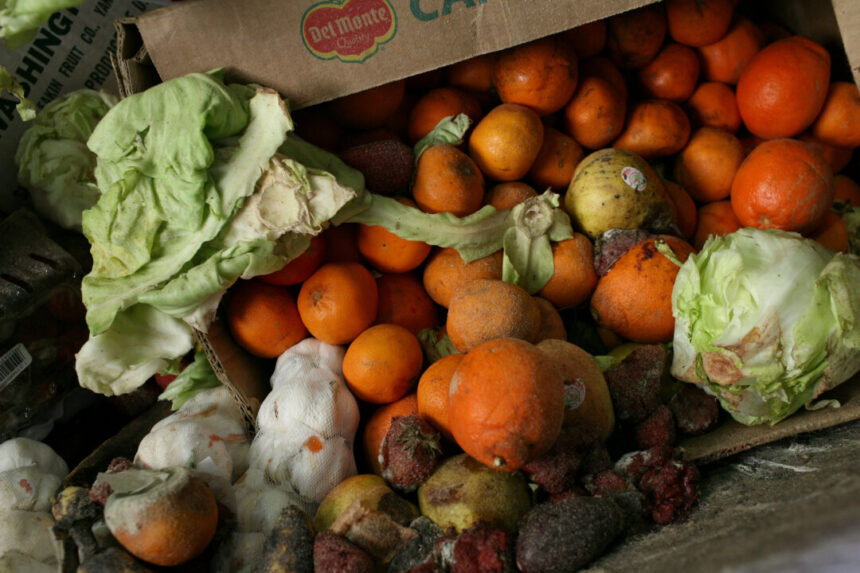Canada is wasting 46.5 percent of its annual food production, costing over $50 billion each year, as per a recent report.
The estimated cost of this wasted food is $58 billion, enough to cover groceries for 3.7 million Canadian families for a year, Second Harvest reported.
Food insecurity levels have reached record highs, with many Canadians turning to non-profits for food assistance, the report highlighted.
Food Waste
The report distinguishes between avoidable and unavoidable food waste, noting that while progress has been made in reducing unavoidable waste, avoidable waste remains a significant challenge.
Avoidable food waste, such as unsold produce, contributes to substantial carbon emissions and poses environmental concerns, the report stated.
Best-Before Dates
The report highlighted the impact of best-before dates on food waste, noting that confusion around these dates leads to unnecessary discarding of perfectly good items.
While expiry dates apply to specific food types, best-before dates serve as guidelines for freshness and quality, often misunderstood by consumers.
Experts emphasize the need for clearer guidelines on best-before dates to reduce food waste.
Business Incentives Needed
The competitive market and profit margins pressure retailers to impose strict quality standards, resulting in rejection of imperfect produce.
Reducing food waste presents a lucrative opportunity for businesses, with potential revenue boosts and cost savings by addressing wastage at various stages.
Please rephrase this sentence.
Source link






